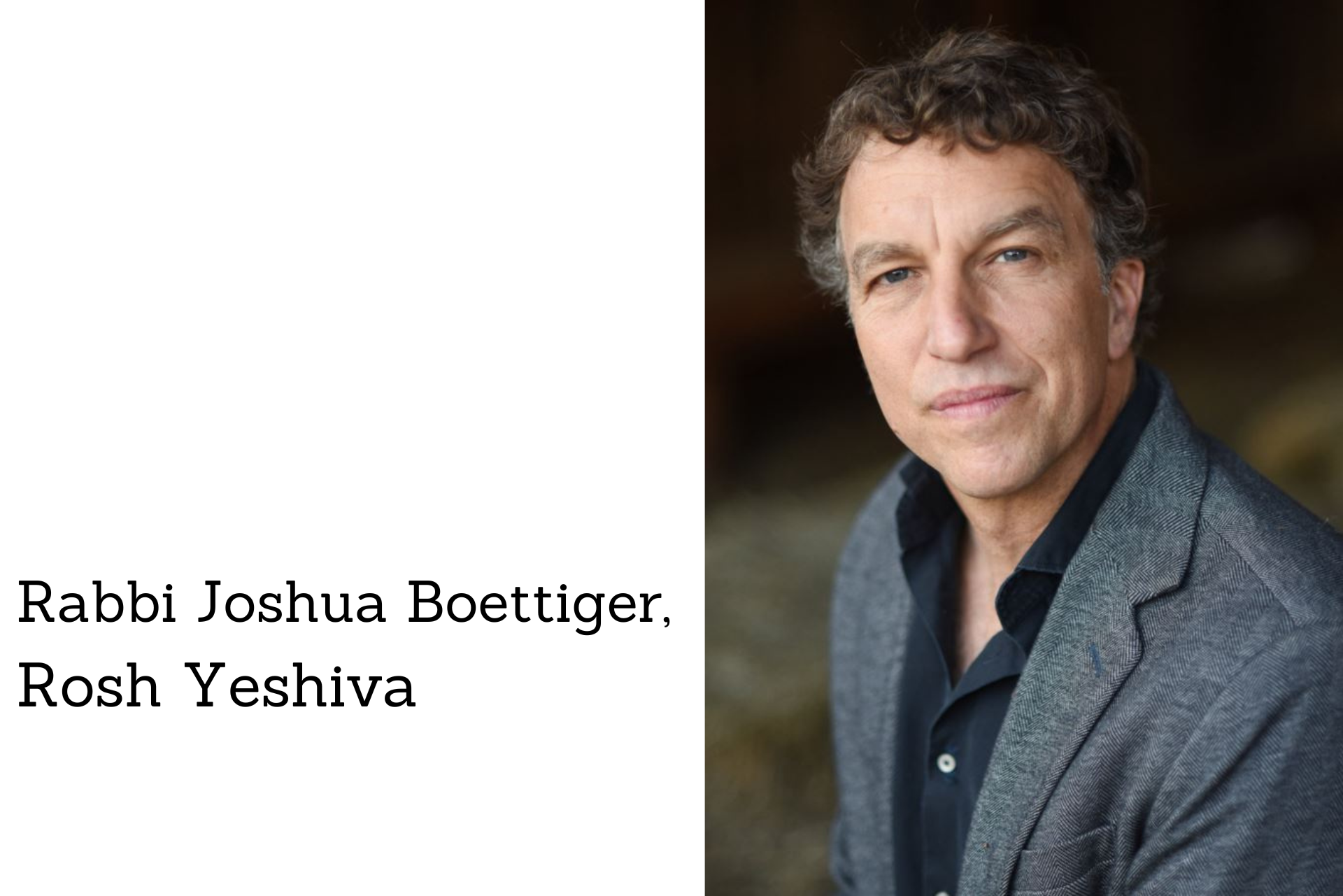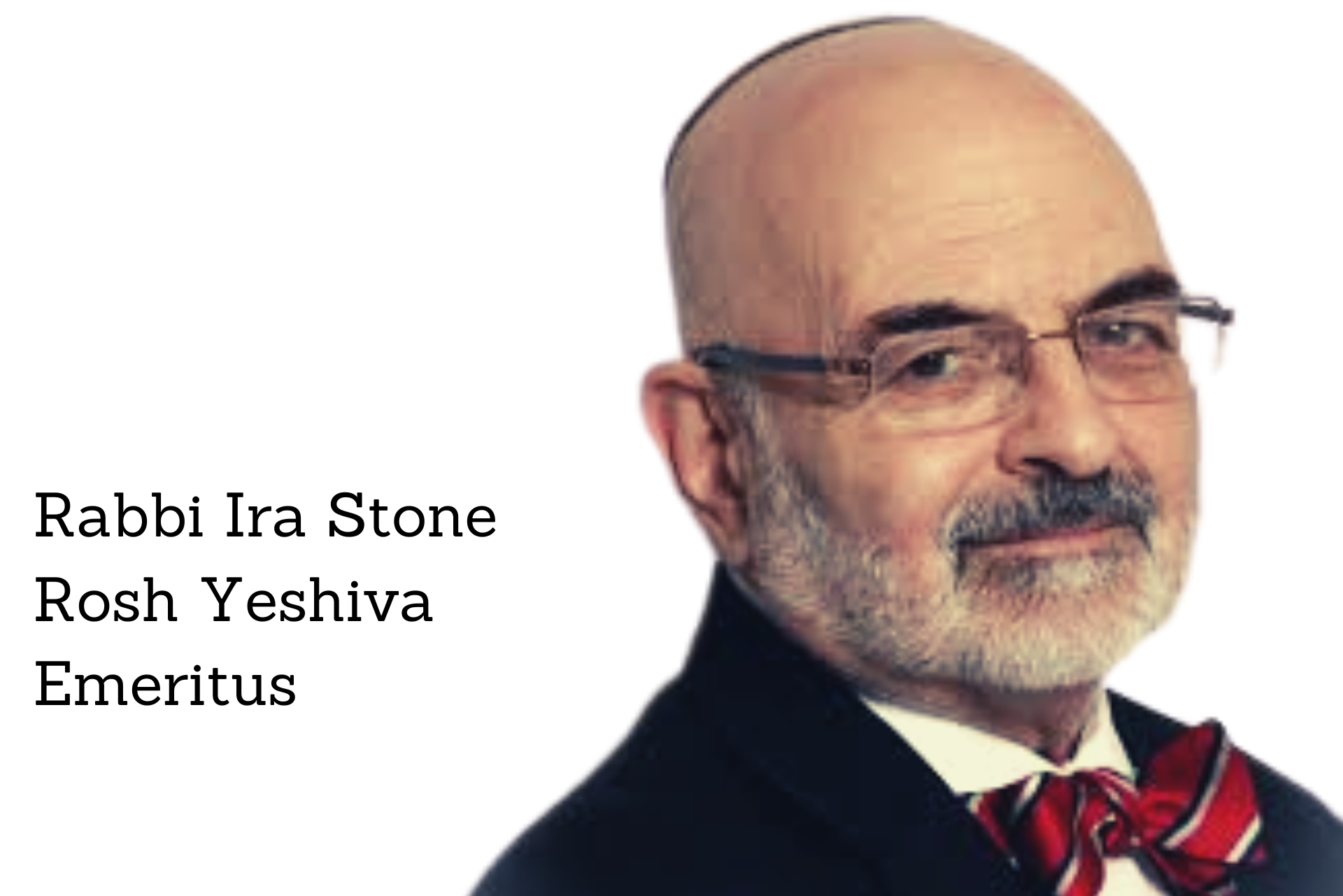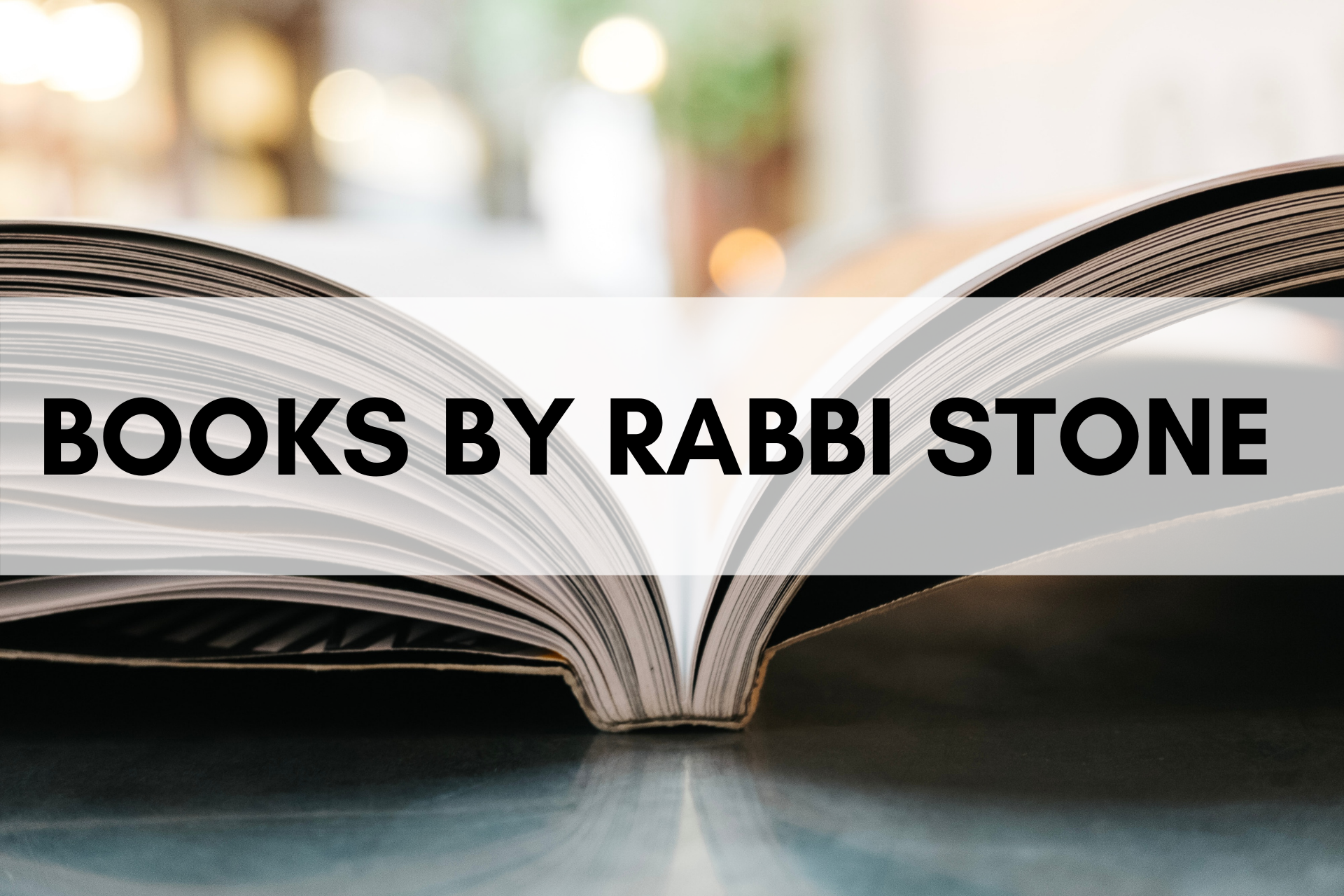From Rabbi Joshua Boettiger, Rosh Yeshiva
Dear Friends,
Haggadah means “telling,” and there is a steady focus we put on language and its capacity to shift reality during the lead-up to Pesach. Yet I find myself thinking a lot about silence this year as we prepare for this season of our liberation.
There are different types of silences. When I was in college, I had a “Silence is the Voice of Complicity” bumper sticker on my car. A few years later I ripped off the lower half so it just read, “Silence is the Voice.” These were some early attempts at figuring out the dynamic. In the Tanakh, there are many types of silences, ranging from the silence of Aaron’s grief after his sons are killed, to Psalm 65: “Silence is praise to You, O God in Zion.” The rabbinic tradition has a ton to say about silence, as well, and it’s worth asking – for a people so seemingly smitten by words, why does there seem to be such a curiosity about silence?
The Midrash says when God gave the Torah on Mount Sinai the entire world became silent. In that spirit, we might understand words and language as only being clarion relative to the silence they rise out of. If the silence has a true depth and feel to it, we’ll be able to hear the words that follow; otherwise, the words will not reach our ears, and if they do, they’ll likely sound like mere noise.
If the Jewish people are truly a people of the word, then by definition we must also be a people who commit to understanding, practicing, and conditioning silence. Silence and speaking are mutually dependent. As we see in our larger societal context, if there is not a silence for our words to arise from, then there is only cacophony, words upon words, and a climate of out-shouting one another. The world we currently inhabit is an unfortunate example of this – words themselves have become debased, devalued, and utterly forgettable.
So I imagine we need to cultivate a relationship to silence for our communal tellings to rise from on Erev Pesach and beyond. How might we think about this?
Ivan Illich, in an essay called, “The Eloquence of Silence,” writes that there are three types of silence. The first is the silence of pure listening. This is the silence of humility, of an authentic interest in the other – the lived practice of making the one across from us our teacher. It takes a special kind of Mussar alchemy to transform the stranger or even enemy into our teacher, and in some ways this is the core anti-Pharonic message of Pesach – not just to re-humanize the other, but to learn from them.
Illich’s second kind of silence is the silence that precedes words, the silence that is a preparation for speech; a considering of what ought to be said, and how. Perhaps at the heart of this type of silence is a sense that we shouldn’t rush to speak. Aviva Zornberg brings a teaching that at our Seders, we are largely silent until the matzah unlocks our throats, and allows a speech that surprises even the speaker, a speech from the unconscious depths. If the first kind of silence primes us to hear the other, this second kind of silence primes us to hear an unrehearsed part of ourselves not used to speaking. It allows something ancient to pass through us.
Illich’s third type of silence – “the silence of love beyond words” – is, God willing, where we are left once we say “L’shanah haba’ah b’yerushalayim” and our Seders end. We look around the table, and beyond the table, and experience such a shtika/silence echoing.
As we come into this Spring, this month of Nisan, I want to send blessings to everyone in our CCM community for a Zissen Pesach and a deepening of our respective Mussar practices.
Please be in touch anytime with myself ([email protected]) and/or Sonia Voynow our Director of Outreach and Madrichim Development ([email protected]) with ideas, questions, concerns, etc., We invite you to be part of what we’re beginning to bring forth in this coming season.
Chodesh Tov and All Best,
Joshua



